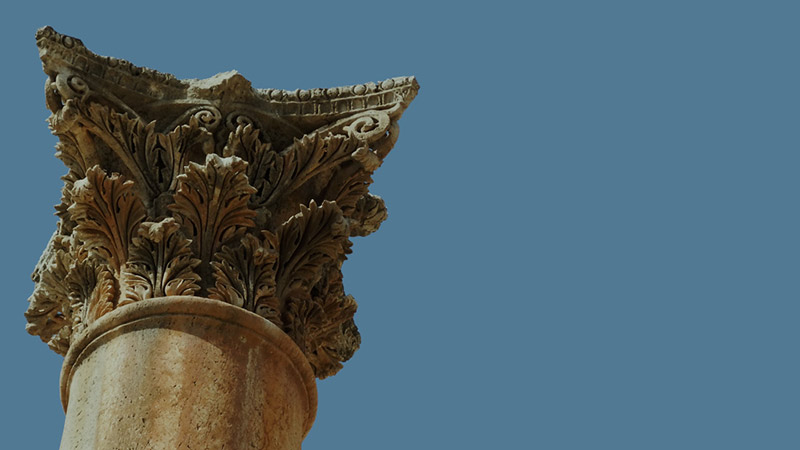More Results
Showing 12 of 257
Articles

Shephelah
ShephelahThe Hebrew Bible mentions the Shephelah several times. This word, meaning "low," is usually translated "lowlands" or "foothills." The term refers to a 12- to 15-mile-wide region in Judea. Though the Israelite...
MOREEncyclopedia

Ruins of Capernaum
This aerial view shows the remains of Capernaum, a small village on the northern shore of the Sea of Galilee ("Capernaum" comes from the Hebrew Kfar Nahum, which means "Nahum's Village"). Jesus chose this place as the hub of hi...
MORE
Sacrifices
Temple Sacrifices The people of ancient Israel made sacrifices to God in the temple. These sacrifices, which involved the shedding of blood (the pouring out of the animal's life), symbolized the atonement made for the people's sins.According to Go...
MORE
Sea of Galilee Climate and Life
Sea of Galilee Climate and LifeSeveral hot mineral springs surround the Sea of Galilee. The largest of these springs is located near the ancient capital city of Tiberias, where Herod Antipas once included it in his hot baths. The number of sick pe...
MORE
Sea of Galilee Geography
Sea of Galilee GeographyAlthough it has many names, most New Testament readers recognize "the Sea of Galilee" as its common designation. It is also called the Sea of Kinnereth (Num. 34:11; Josh. 12:3), the Lake of Gennesaret (Luke 5:1), ...
MORE
Shema
One day a student came to Jesus and asked, "Teacher, what is the greatest commandment?"You might recall that Jesus included "Love God" and "Love your neighbor" in his response. Do you remember, however, that Jesus ans...
MOREGlossary

Samaria Definition
Name of a city and a region, The city was founded by Omri, king of Israel c.a. 880 BC, and Ahab built a magnificent palace there. Samaria became a center for Baal worship. It was destroyed by the Assyrians in 722 BC. During Jesus' time, it was a d...
MORE
Sanhedrin Definition
Means "council." Jewish supreme court; highest religious council, composed of 70 members and the high priest. The number 70 traditionally was based on Moses' appointment of 70 elders (Num. 11:16) to administer Israel's affairs. Used by t...
MORE
Second Jewish Revolt Definition
In this revolt of AD 132-135, the Romans totally removed the nation of Israel. Also known as the Bar Kochba Revolt.
MORE
Shephelah Definition
Hebrew word for "lowlands." It refers to the area between the Judea Mountains and the coastal plain where the Israelites and Philistines met.
MORE


















